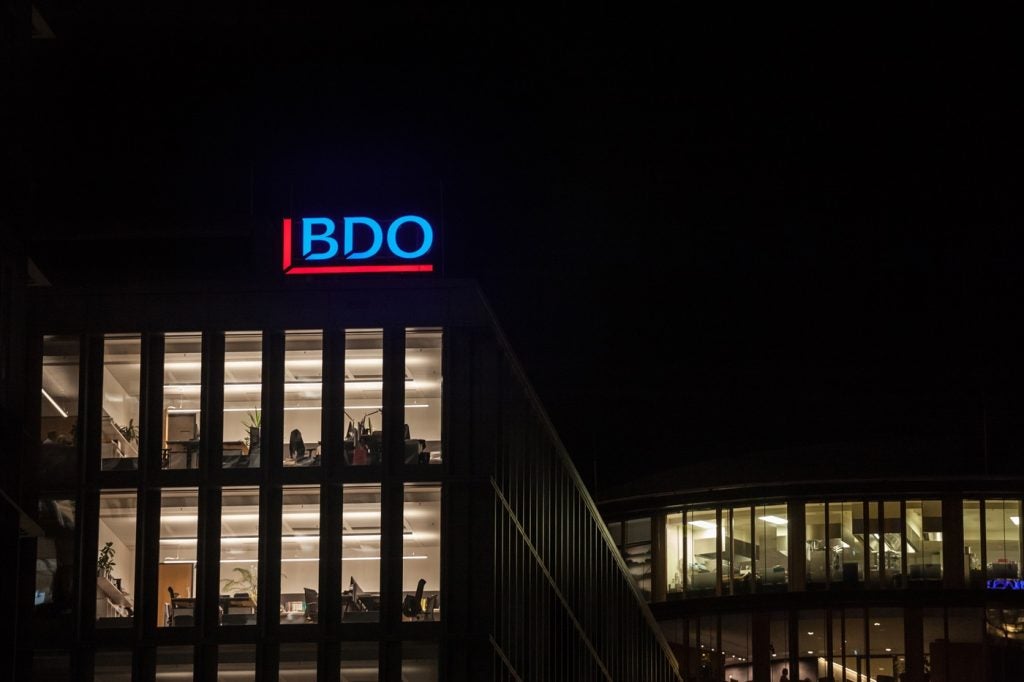Choosing the right enterprise accounting software supplier: Introduction
In today’s fast-paced business environment, selecting the right enterprise accounting software supplier is crucial for organizations looking to streamline their financial processes and enhance overall efficiency.
With a wide range of options available, it can be overwhelming to find the perfect fit for your business.
Our expert buyer’s guide aims to provide valuable insights and industry specific tips for buyers and users of enterprise accounting software.
This content is designed to help ensure that buyers can make informed decisions when selecting a supplier.
Enterprise accounting software buyer’s guide: Who can benefit ?
Our buyer’s guide is designed for businesses of all sizes, particularly those in need of enterprise-level accounting software solutions.
Whether you are a large corporation or a growing enterprise, our guide will help you navigate the complex landscape of enterprise accounting software suppliers.
Ultimately, it is all about helping buyers research and find the best fit for their operation’s specific needs.
Key factors: Choosing an enterprise accounting software supplier
Functionality and scalability
Look for a supplier that offers a comprehensive suite of features tailored to your business requirements.
Ensure the software can handle complex financial processes, such as multi-currency transactions, consolidation, and reporting. Additionally, consider the scalability of the software to accommodate your future growth.
Integration capabilities
Check if the software can seamlessly integrate with your existing systems, such as CRM or ERP platforms. Integration ensures smooth data flow and eliminates the need for manual data entry, saving time and reducing errors.
Customisation options
Every business has unique accounting needs. Choose a supplier that allows customization of the software to match your specific workflows and reporting requirements.
This flexibility ensures the software aligns with your business processes rather than forcing you to adapt to a rigid system.
User-friendly interface
A user-friendly interface is essential for maximizing productivity and minimizing training time. Look for software that offers an intuitive interface with easy navigation and clear instructions.
A well-designed interface enhances user adoption and reduces the learning curve for your team.
Security and compliance
Data security is paramount when dealing with financial information. Ensure the supplier follows industry best practices and complies with relevant regulations, such as GDPR or SOX.
Look for features like role-based access control, data encryption, and regular security updates.
Latest technological advancements in enterprise accounting software
Cloud-based solutions
Cloud-based enterprise accounting software offers numerous benefits, including remote access, automatic updates, and scalability.
It eliminates the need for on-premises infrastructure and provides real-time data access from anywhere, anytime.
Artificial intelligence and machine learning:
AI and machine learning technologies are revolutionizing the accounting industry. These advancements automate repetitive tasks, improve accuracy, and provide valuable insights for decision-making.
Buyer’s should identify and look for suppliers that incorporate AI and machine learning capabilities into their software.
Mobile applications
Mobile applications allow users to access accounting software on their smartphones or tablets.
This flexibility enables on-the-go access to financial data, expense tracking, and approval workflows.
Buyer’s should always consider suppliers that offer mobile applications for enhanced productivity.
Advanced reporting and analytics
Advanced reporting and analytics features provide real-time insights into your financial data.
Look for suppliers that offer customisable dashboards, data visualization tools, and predictive analytics to help you make data-driven decisions.
Enterprise accounting software suppliers: Our conclusion
Selecting the right enterprise accounting software supplier is a critical decision that can significantly impact your business’s financial processes and overall efficiency.
By considering factors such as functionality, integration capabilities, customization options, and the latest technological advancements, you can find the perfect fit for your organization’s needs.
Stay informed, explore the options available, and choose a supplier that aligns with your long-term goals.
FAQs
What factors should be considered when selecting enterprise accounting software?
Key factors include scalability, integration with existing systems (like ERP and CRM), real-time financial reporting, customisation options, and compliance with local and international regulations.
Businesses should also evaluate user-friendly interfaces and vendor support services to ensure seamless adoption and operation.
How does enterprise accounting software enhance financial management?
Enterprise accounting software consolidates financial data, automates processes such as invoicing and payroll, and provides real-time financial insights.
These tools reduce human error, improve compliance, and offer analytics that help management make data-driven decisions to optimise business performance.
How does AI improve enterprise accounting systems?
AI automates repetitive tasks like data entry, invoice processing, and anomaly detection, reducing the burden on accounting teams.
It also offers predictive analytics to identify financial trends and optimise resource allocation. By automating manual tasks, AI enhances accuracy and operational efficiency.
Why is customisation important in enterprise accounting software?
Customisation allows businesses to tailor the software to meet their unique financial reporting needs.
This is particularly useful for companies operating in diverse sectors with specific requirements, such as multi-currency transactions, regulatory compliance, and customised dashboards for different departments.
How do enterprise accounting solutions ensure data security?
Enterprise accounting solutions implement robust security features, including data encryption, access controls, and regular security updates.
Multi-layer authentication and compliance with data protection standards like GDPR help safeguard sensitive financial information from breaches and unauthorised access.





